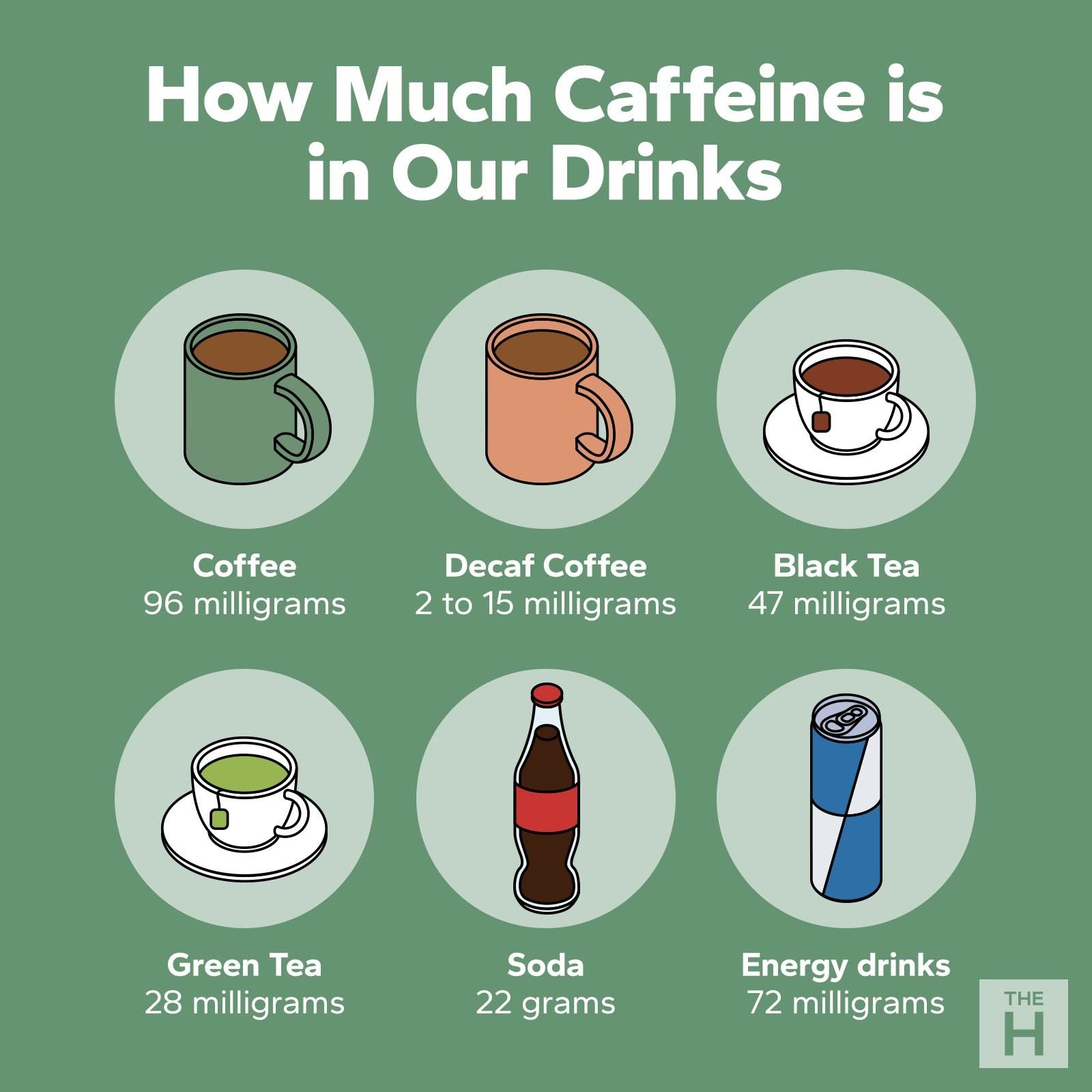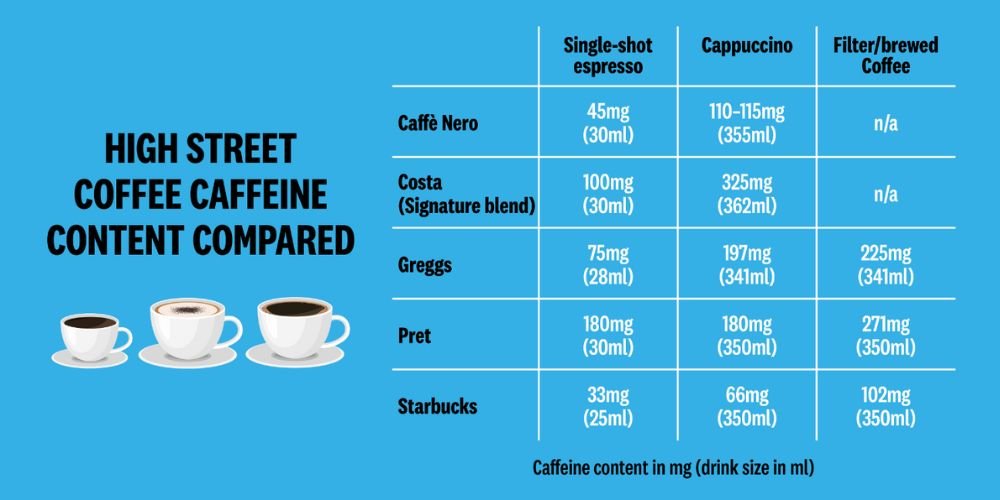Unpacking The Buzz: How Much Caffeine Is In Lotus Energy Drinks?
The Core of Lotus Energy: A Consistent Caffeine Dose
When it comes to Lotus Energy, consistency is a key factor in their caffeine content across many of their popular products. This makes it relatively straightforward to understand how much of a kick you're getting.The Standard: 80mg per Ounce of Concentrate
The most consistent data point across various Lotus Energy products is their caffeine concentration. For most of their caffeinated offerings, you'll find a precise amount:- **80mg of natural caffeine per 1 oz of concentrate.**
- Lotus Energy Concentrates (such as Red, Pink, and Blue Lotus)
- Power Up concentrates
- Lotus Energy Teas
- Lotus Energy Lemonades
- Lotus Energy Cascara
Where Does the Caffeine Come From?
Unlike many conventional energy drinks that might use synthetic caffeine, Lotus Energy prides itself on a natural approach. The caffeine in Lotus Energy products is derived from:- **Green coffee beans or green coffee extract.**
Comparing Lotus Energy to Your Daily Brew
One of the most common questions people have about any caffeinated beverage is how it compares to the ubiquitous cup of coffee. The answer with Lotus Energy is nuanced, as coffee's caffeine content can vary widely.Lotus vs. A Standard Cup of Coffee
When evaluating the 80mg of caffeine in a standard serving of Lotus Energy concentrate, it's helpful to compare it to coffee.- A typical 8 fl oz (240 mL) cup of brewed coffee usually contains around **95 milligrams of caffeine**.
- The type of coffee bean (e.g., Arabica vs. Robusta)
- The brewing method (e.g., drip, espresso, French press)
- The roast level
- The serving size (a larger mug will naturally have more caffeine).
How Lotus Stacks Up Against Other Energy Drinks
The energy drink market is vast, with products containing caffeine levels ranging from moderate to extremely high. To put Lotus Energy's caffeine content into perspective, it's useful to consider regulatory guidelines.- According to the FDA, a single serving of an energy drink should ideally contain **no more than 200 mg of caffeine**.
Beyond Caffeine: The Lotus Energy Difference
While caffeine is a primary component of any energy drink, Lotus Energy emphasizes that its benefits extend beyond just the stimulant.Natural Ingredients and Health Benefits
The commitment to natural ingredients is a hallmark of the Lotus Energy brand. As mentioned, their caffeine comes from green coffee extract, known for its smoother energy release. But the advantages don't stop there. Lotus drinks are also:- **Packed with antioxidants:** These compounds help protect your body's cells from damage.
- **Fortified with B vitamins:** B vitamins play a crucial role in energy metabolism, helping your body convert food into energy.
Calorie Content and Options
For those mindful of their caloric intake, Lotus Energy offers options to suit different dietary needs.- **Original Lotus Energy Concentrate products** (like Red, Pink, and Blue Lotus) contain approximately **80 calories per 1oz serving**.
- For a lighter option, **Skinny Lotus Energy Concentrate products** (such as Skinny Blue and Skinny Pink) are available, providing a mere **5 calories per 1oz serving**.
Responsible Consumption of Lotus Energy
Like any caffeinated beverage, the key to enjoying Lotus Energy safely and effectively lies in responsible consumption. While the caffeine content of 80mg per 1oz of concentrate is moderate, especially when compared to the FDA's 200mg guideline, individual sensitivity to caffeine can vary. Generally, Lotus Energy Drink is considered "not bad for you if consumed responsibly." This means being aware of your total daily caffeine intake from all sources (coffee, tea, soda, chocolate, etc.) and listening to your body. If you are particularly sensitive to caffeine, or if you have underlying health conditions, it's always wise to consult with a healthcare professional about appropriate caffeine consumption levels. Energy drinks are beverages that contain an amount of caffeine sufficient to alter mental performance, and while Lotus aims for a smoother experience, moderation is always recommended.Final Thoughts
Lotus Energy drinks offer a distinct alternative in the energy beverage market, primarily due to their natural, plant-based ingredients and a consistent caffeine profile. With approximately 80mg of natural caffeine per 1 oz of concentrate across most of their product lines, Lotus provides a moderate energy boost that is generally less than or comparable to a standard cup of coffee, and well within FDA guidelines for energy drinks. Sourced from green coffee beans and enriched with antioxidants and B vitamins, Lotus Energy aims to deliver sustained energy without the jitters, making it an appealing choice for those seeking a more natural and balanced pick-me-up. Remember to enjoy Lotus Energy responsibly, considering your individual caffeine tolerance and overall daily intake.
Here's How Much Caffeine You Can Really Have in a Day | The Healthy

How Many mg Of Caffeine Is In Coffee? (Roughly 100mg)

caffeine in coffee cup - Nakisha Linton